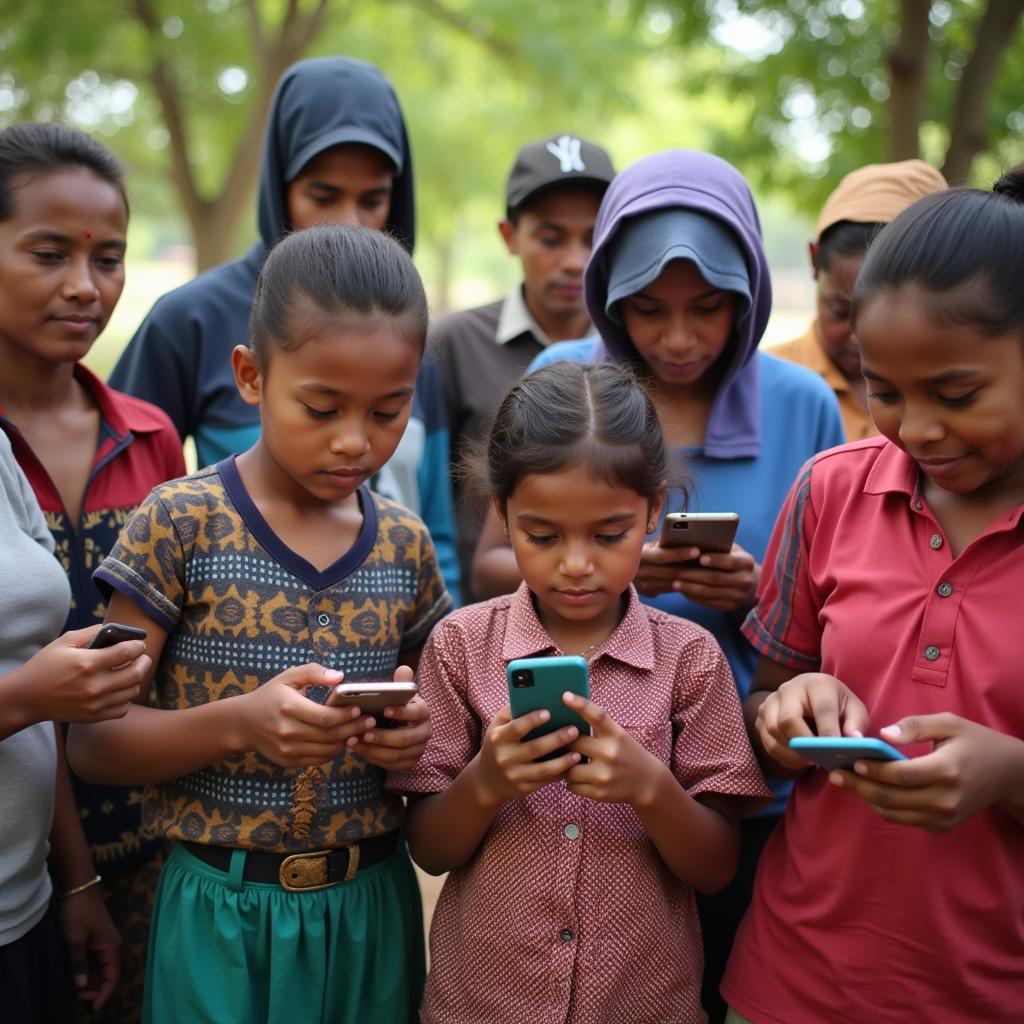Financial technology and its impact on underserved populations has become an increasingly common topic in IELTS Writing Task 2. Based on analysis of past exams from 2019-2023, questions about financial inclusion and digital banking have appeared approximately 3-4 times per year, particularly in countries with large unbanked populations like India, Indonesia, and the Philippines.
Here is a relevant question that appeared in a recent IELTS exam:
Some people believe that financial technology helps provide banking services to underserved communities. Others argue that it creates new risks and vulnerabilities. Discuss both views and give your opinion.

Analysis of the Question
- Topic: Financial technology’s role in banking access
- Task: Discuss both views + give opinion
- Key elements to address:
- Benefits of fintech for underserved communities
- Potential risks and vulnerabilities
- Personal stance supported by evidence
Sample Essay 1 (Band 8.5)
The proliferation of financial technology has sparked debate about its effectiveness in expanding banking access to underserved populations. While I acknowledge the concerns about potential risks, I firmly believe that fintech’s benefits in promoting financial inclusion significantly outweigh its drawbacks.
Financial technology has revolutionized banking access for marginalized communities in several crucial ways. Mobile banking applications and digital wallets have eliminated the need for physical bank branches, enabling rural populations to conduct transactions, save money, and access credit through their smartphones. For example, in India, digital payment platforms like UPI have helped millions of street vendors and small businesses join the formal financial system. Additionally, fintech innovations such as AI-powered credit scoring allow lenders to evaluate creditworthiness based on alternative data, providing loan opportunities to those without traditional credit histories.
However, critics raise valid concerns about the vulnerabilities associated with digital financial services. The risk of cybercrime and fraud particularly threatens users with limited digital literacy, who may fall prey to phishing scams or identity theft. Furthermore, technical issues like network outages or system failures could temporarily cut off access to funds, potentially causing significant hardship for dependent users. There are also legitimate worries about data privacy and the potential misuse of personal financial information.
Nevertheless, I contend that these challenges can be effectively addressed through proper regulation and education. Governments and fintech companies can implement robust security measures and consumer protection policies while providing digital literacy training to vulnerable users. The transformative potential of financial technology in promoting economic empowerment and reducing inequality far outweighs these manageable risks.
In conclusion, while fintech adoption requires careful consideration of security and accessibility concerns, its role in democratizing financial services for underserved communities represents a crucial step toward greater economic inclusion. The key lies in ensuring responsible implementation while maximizing its benefits for vulnerable populations.
Sample Essay 2 (Band 6.5)
Financial technology is changing how people use banking services. Some people think it helps poor communities, but others worry about problems it can cause. I will discuss both sides and share my opinion.
On the positive side, fintech makes banking easier for many people. People in villages can use their phones to send money and save money without going to banks far away. For example, farmers can get loans through apps even if they don’t have bank accounts. Also, small shop owners can accept digital payments easily.
However, there are some problems with fintech. Many people don’t know how to use technology safely and might lose money to scammers. Sometimes the internet doesn’t work well, and people can’t use their money. Also, some worry about their personal information being stolen.
Even though there are risks, I think fintech helps more than it hurts. Companies and governments should teach people how to use fintech safely. They should also make better rules to protect users. This way, more people can benefit from modern banking services.
In conclusion, while fintech has some problems, its benefits for poor communities are more important. We should focus on making it safer and teaching people how to use it properly.
Analysis of Band Scores
Band 8.5 Essay Analysis
- Task Response: Comprehensively addresses all parts of the task with well-developed arguments
- Coherence and Cohesion: Logical organization with clear progression and effective use of cohesive devices
- Lexical Resource: Sophisticated vocabulary with natural and precise usage
- Grammatical Range: Complex structures used accurately with very few errors
Band 6.5 Essay Analysis
- Task Response: Addresses main points but with less development
- Coherence and Cohesion: Basic organization but sometimes lacks sophistication in linking
- Lexical Resource: Adequate vocabulary but less precise and sophisticated
- Grammatical Range: Mix of simple and complex structures with some errors
Key Vocabulary
- proliferation (n) /prəˌlɪf.əˈreɪ.ʃən/ – rapid growth or spread
- marginalized (adj) /ˈmɑː.dʒɪ.nəl.aɪzd/ – treated as insignificant
- creditworthiness (n) /ˈkred.ɪt.wɜː.ði.nəs/ – ability to receive credit
- cybercrime (n) /ˈsaɪ.bə.kraɪm/ – criminal activities carried out by means of computers
- democratizing (v) /dɪˈmɒk.rə.taɪ.zɪŋ/ – making something accessible to everyone
Expected future topics may include:
- Impact of blockchain technology on financial inclusion
- Role of digital currencies in developing economies
- Mobile banking adoption challenges in rural areas
We encourage readers to practice writing their own essays on this topic and share them in the comments section for feedback and discussion.